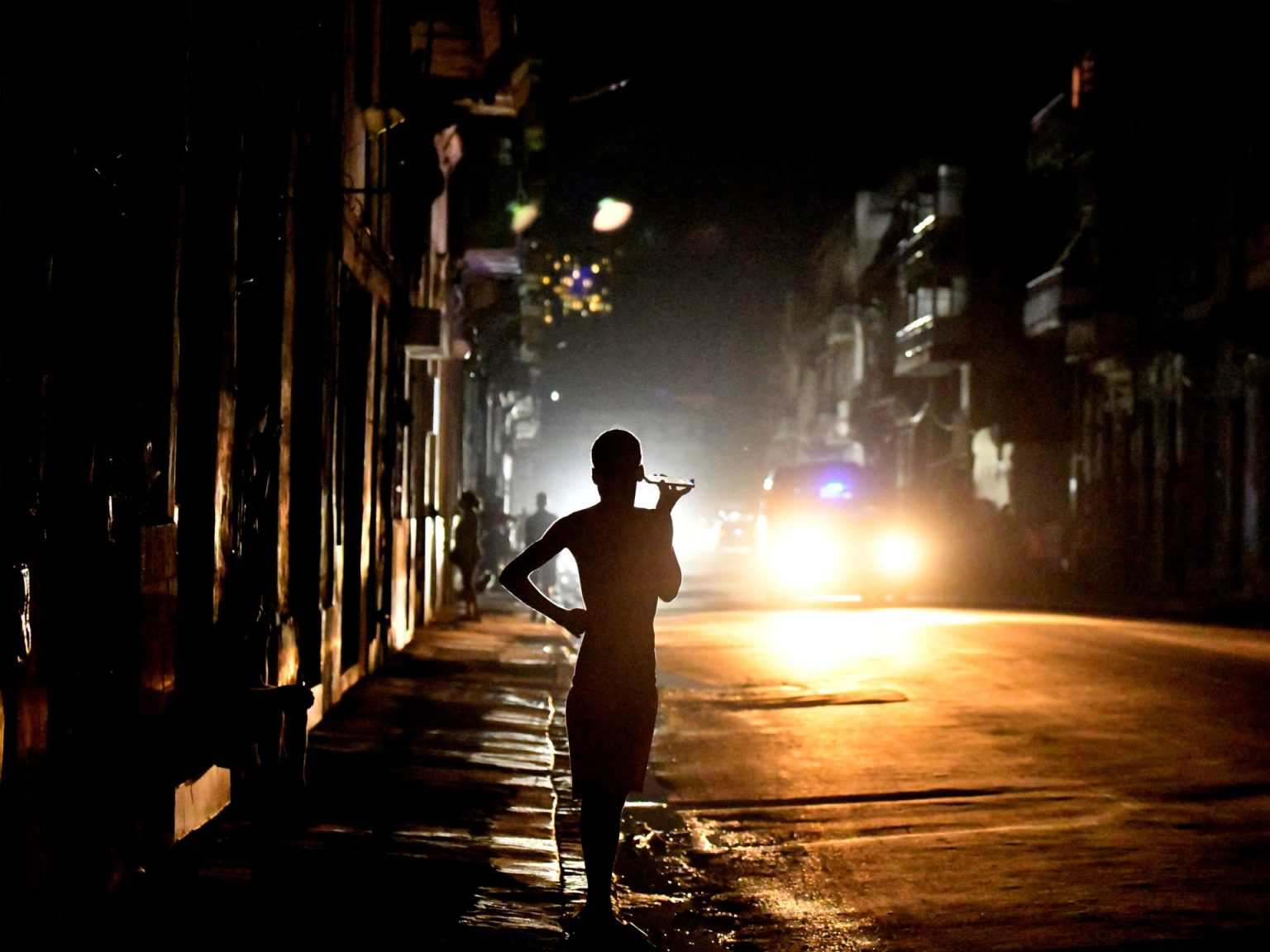Cuban authorities reported at least six deaths after Hurricane Oscar hit the island, causing power outages and widespread damage. President Miguel Diaz-Canel said that rescue efforts were ongoing while the government worked to restore power. The capital city of Havana saw some progress in power restoration, but other areas were still without electricity. The situation caused concern among residents who feared further blackouts despite assurances from electricity officials.
Hurricane Oscar made landfall as a Category 1 storm, causing damage to homes, electricity poles, and trees in eastern Cuba. The storm weakened as it moved inland, but its impact was still felt, with power knocked out in several areas. Energy Minister Vicente de la O Levy expressed hope that the electricity grid would be restored soon, with offers of assistance from countries like Mexico, Colombia, Venezuela, and Russia. However, concerns remained about the stability of the power grid and the potential for future outages.
The blackout in Havana led to fears of instability in a country already facing economic challenges, including high inflation, food and medicine shortages, and lack of fuel and water. President Diaz-Canel warned against causing disturbances and encouraged people to air their grievances peacefully. Some residents took to the streets to protest the lack of power and dwindling food supplies. The situation highlighted the frustrations of many Cubans who were struggling to cope with the ongoing crisis.
Cuba’s power grid relies heavily on imported fuel for its aging oil-fired power plants, with one plant breaking down and triggering the nationwide blackout. The government has tried to bolster the grid by leasing floating power ships and adding smaller generators in rural areas. Diaz-Canel attributed the fuel shortages to the US trade embargo, which was tightened during Donald Trump’s presidency. The economic crisis, exacerbated by the loss of support from the Soviet Union, has further strained the country’s resources and infrastructure.
Residents expressed their frustration with the lack of basic services and the difficult living conditions caused by the ongoing power outages. Many were struggling to preserve perishable items and cope with the challenges of daily life without electricity. The protests in some neighborhoods reflected the growing discontent among the population, with calls for freedom and better living conditions becoming more vocal. The government’s response to the crisis highlighted the need for urgent action to address the underlying issues and prevent further unrest in the country.
As Cuba continues to grapple with the aftermath of Hurricane Oscar and the ongoing power crisis, the government faces increasing pressure to address the root causes of the problems. The reliance on imported fuel and outdated power plants has left the country vulnerable to disruptions, with residents bearing the brunt of the hardships. The situation underscores the need for comprehensive solutions to ensure a stable power supply and improve living conditions for the people of Cuba. By addressing the economic challenges and investing in sustainable infrastructure, the government can work towards a more resilient and prosperous future for the country.













